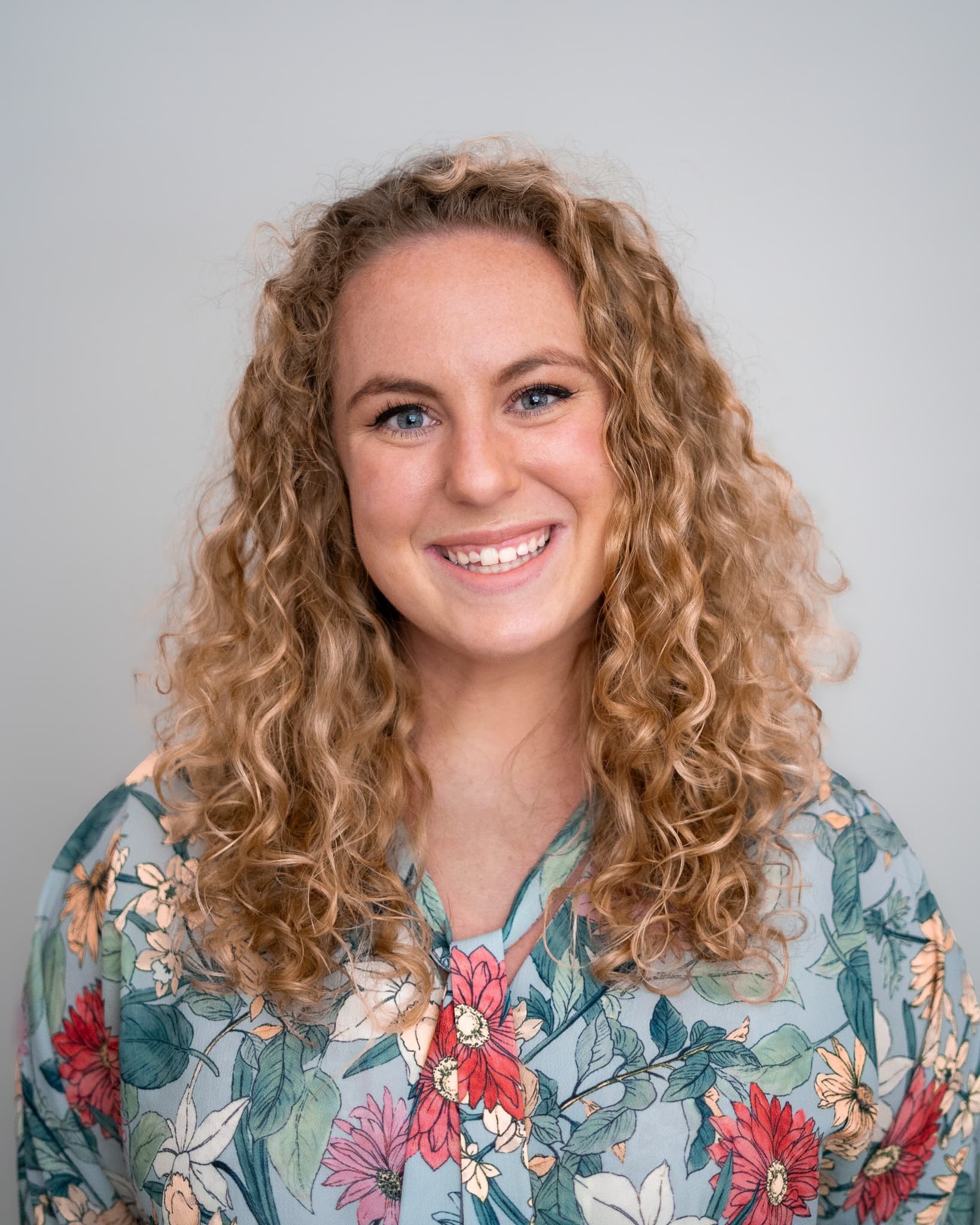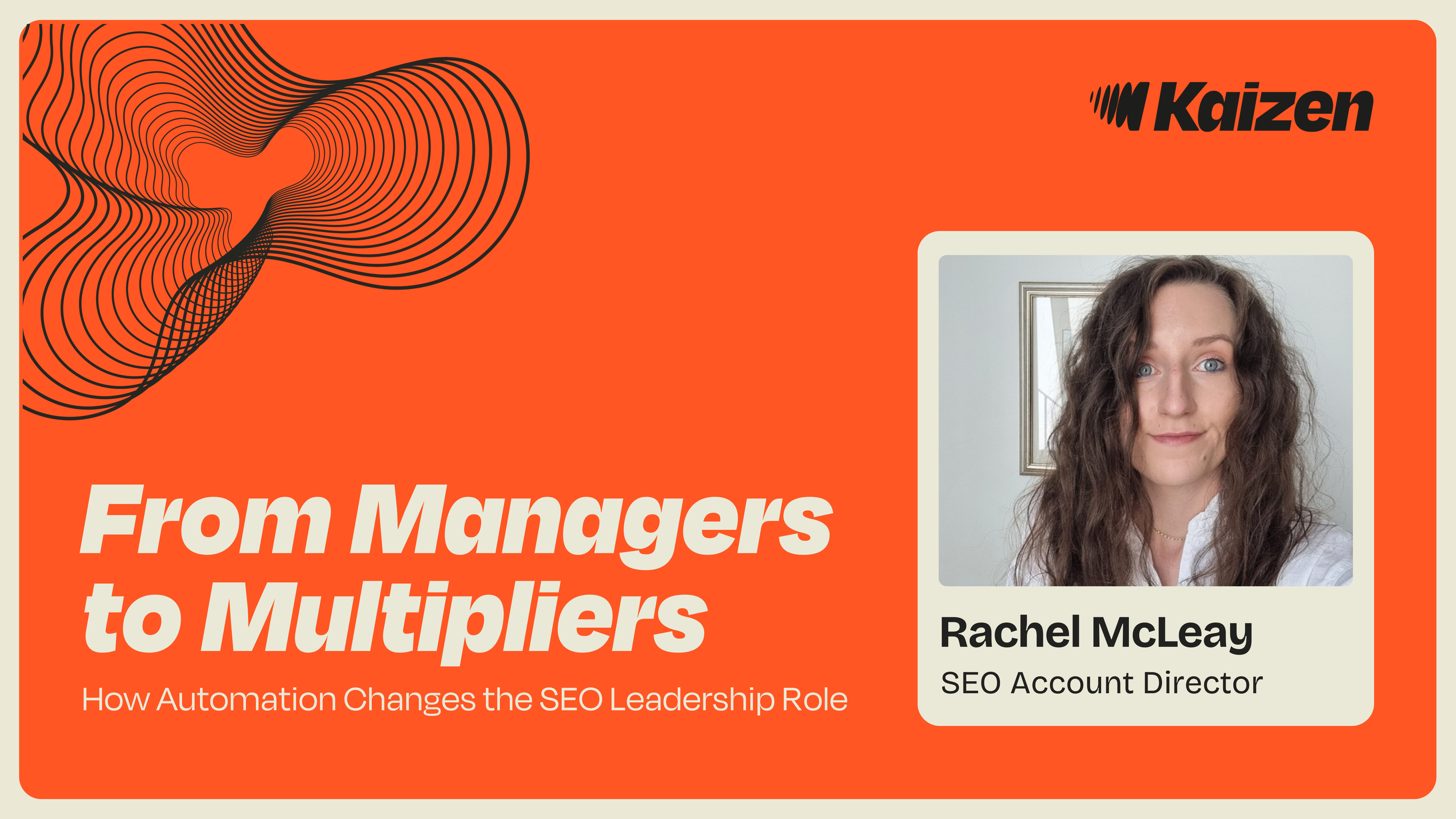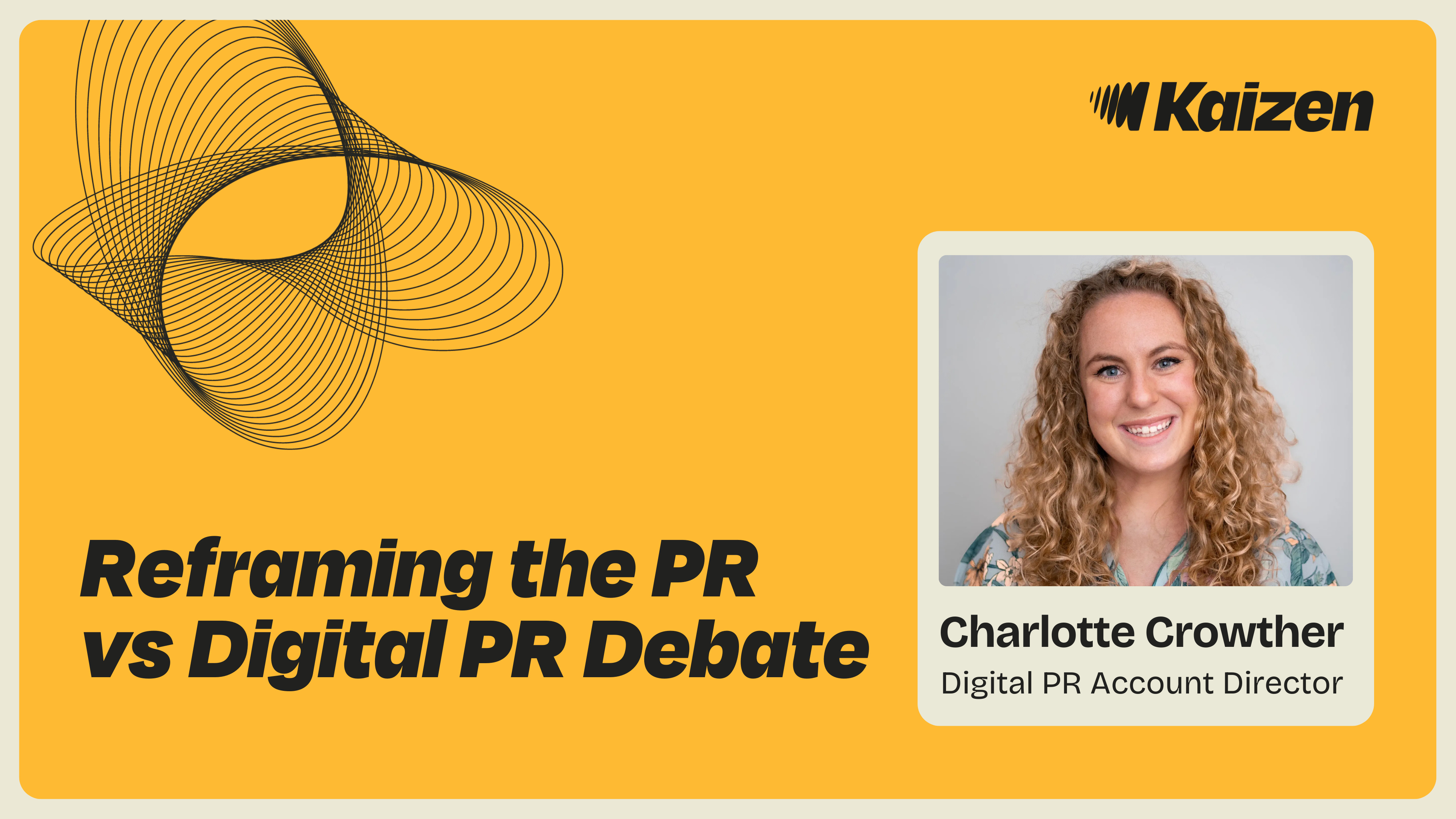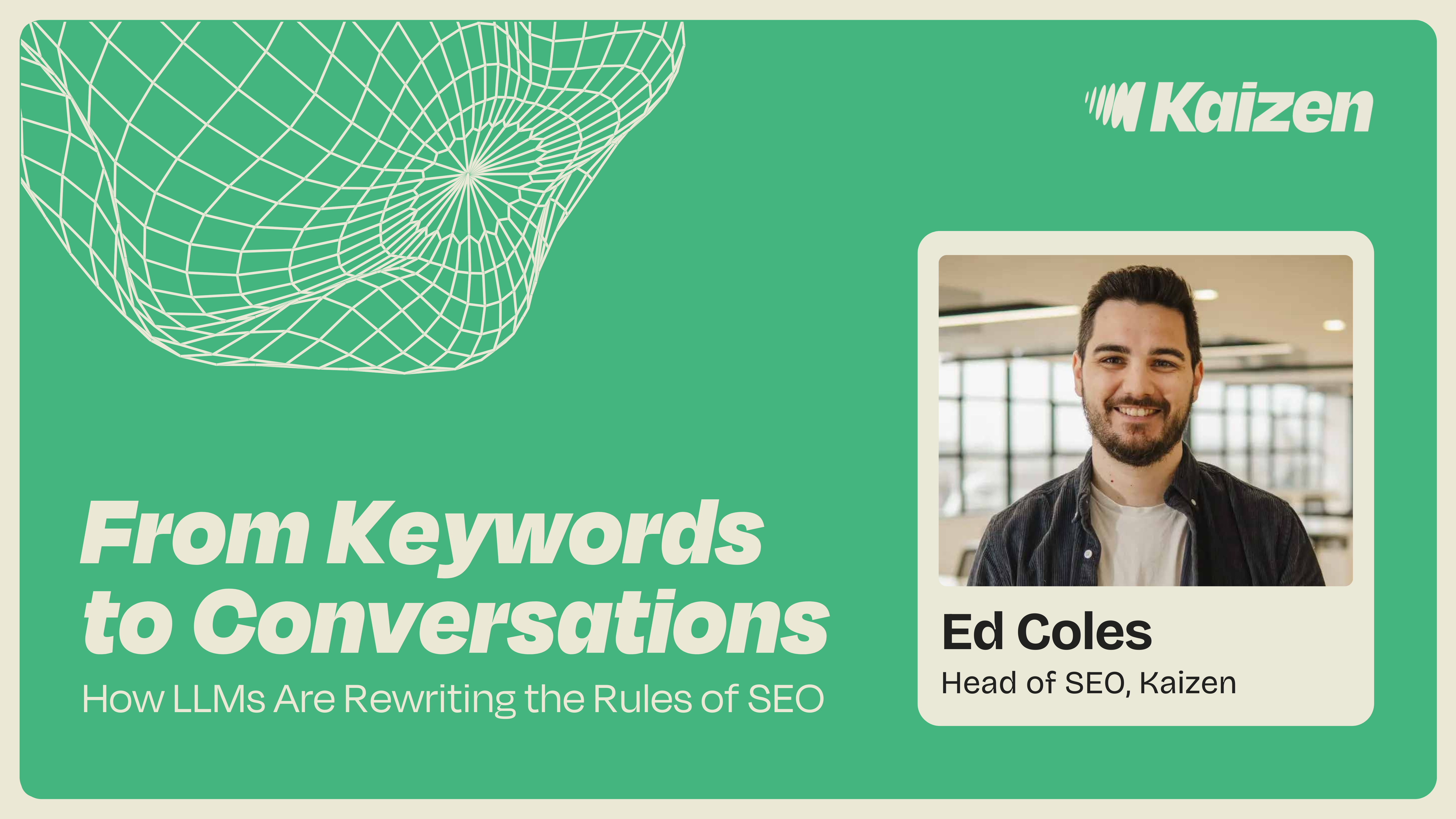7 Ways to Be Checking for Coverage
We all know the feeling. You’ve done the hard part; you’ve ideated, scoped out, researched, produced and outreached a campaign, and then you’re waiting for the coverage to come in. Coverage is ultimately the goal of everything we do as Digital PRs – but what can we be doing to check for it? In this […]

We all know the feeling. You’ve done the hard part; you’ve ideated, scoped out, researched, produced and outreached a campaign, and then you’re waiting for the coverage to come in.
Coverage is ultimately the goal of everything we do as Digital PRs – but what can we be doing to check for it?
In this blog, I will share with you the seven ways we at Kaizen look for coverage.
These are split into two groups;
- Reactive, the tools we use that react to coverage and notify us once they’ve found it.
- Proactive, the tools we use to go and actively check and look for any coverage.
It’s important to use multiple tools as some will have gaps; by using these seven or more, you’re less likely to see any coverage slip through the cracks.
Reactive Tools
1. Klipr
Our in-house developers built a coverage tracking tool that allows us and our clients to check our coverage whenever we need to. This has an Ahrefs plug-in, meaning any links found on Ahrefs will automatically be pulled through to Klipr. This reduces the time we spend looking for coverage as we know Klipr will be doing this whilst we sleep – literally!
2. Google Alerts
You can set up Google Alerts that will send you emails as soon as they track any mention of your client’s name. If you have a big client who is doing lots of internal activity and the work you’re doing for them, it may need some trial and error to find the perfect search terms for these.
An example of this is a campaign we did for our client Reebok around Body Inclusivity. The best search term for this was “Reebok” Inclusivity.
3. TalkWalker Alerts
TalkWalker works in the same way as Google. With both of these tools, you can get the alerts sent to you in real-time or have a big roundup at the end of the day. Much of the same rules apply. Use trial and error to find the best search terms for each client and campaign, and remember that they’re not likely to pick up everything!
Proactive Tools
It is worth saying that although the three following tools all do the same thing – show us backlinks pointing to a specific page – often, each one pulls through slightly different results. By looking at all three, you’re likely to see the bigger picture and find as much coverage as possible.
4. BuzzSumo
BuzzSumo is an essential part of every Digital PR’s toolbox. The great thing about BuzzSumo is that it also tracks brand mentions and doesn’t rely on backlinks alone. Due to this tool being created with Digital PR’s in mind, it does tend to focus solely on campaign titles and highly related coverage, often missing backlinks from lower DR websites and blogs.
To use BuzzSumo, you need to follow these steps:
- Click on content across the top navigation bar
- In the dropdown, select Backlinks
- Insert the URL of the page you’re looking for coverage for, and press search.
5. Ahrefs
We tend to check Ahrefs less regularly than BuzzSumo and Majestic since it plugs into Klipr. However, it is still essential to make sure you check it to ensure nothing is missed.
To use Ahrefs, you need to follow these steps:
- Insert the page’s URL you’re looking for coverage for in the search bar in the top left corner of the homepage – press search.
- Once you get to the page overview, select backlinks down the left-hand side.
6. Majestic
Although this tool is normally used to measure trust flow, it does also pull through backlinks. Majestic tends to find more obscure coverage missed by BuzzSumo and ahrefs, so it’s important to be on your coverage checking list.
To use Majestic, you need to follow these steps:
- Insert the URL of the page you’re looking for coverage for and press search. I normally select “fresh”. However, if you are looking over a longer time, it may also be beneficial to repeat the search with “historic” selected.
- Once you get to the summary page, select backlinks across the top navigation bar.
7. Google
For the final check, there’s nothing wrong with doing a good bit of Google searching. Include your client name, look at a specific time frame (past week or 24 hours tends to work) and make sure you’re looking in the general google search bar, as well as the news category.
A tip not many people know is to make sure you go to the very last page and press “repeat the search with the omitted results included.” This shows you all coverage, including those that are likely to be syndicated.
Are you ready to kick-start your next Digital PR campaign? Get in touch to find out how our team could help you garner more coverage.

 Search
Search PR
PR AI Visibility
AI Visibility Social
Social

















